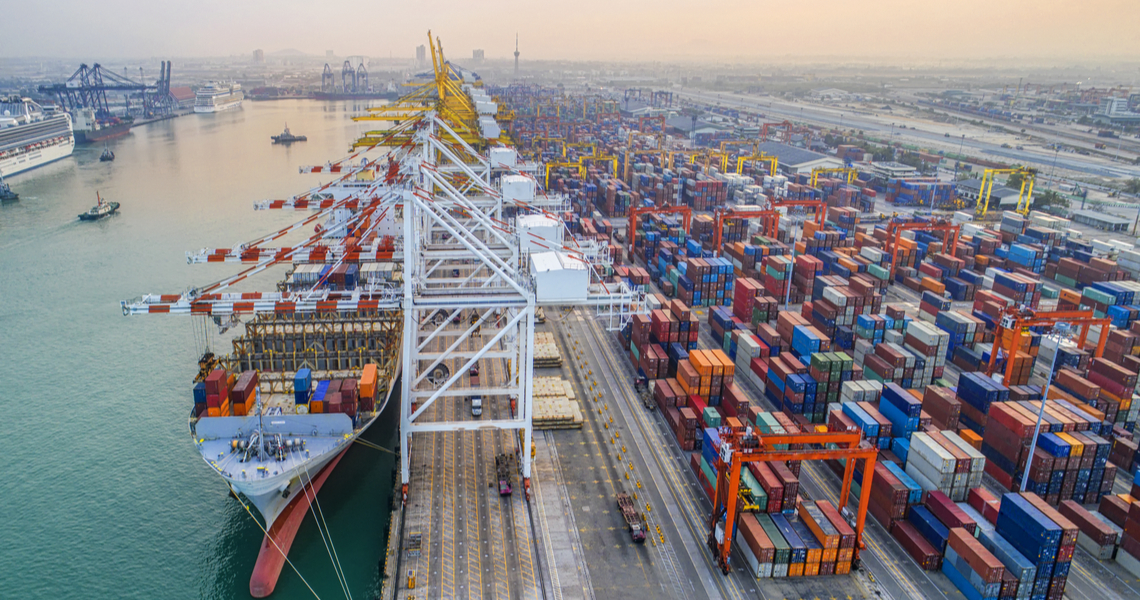
The Academy recognises holders of this award to be 'Certified Customs Practitioners'.
On successful completion of this qualification you will have a comprehensive understanding of customs processes and procedures - including import, export and special procedures.
You will gain a sound understanding of the core compliance areas of classification, origin, valuation and duty calculation and will gain sound knowledge of import and export declaration procedures and requirements.
You will also gain advanced knowledge of excise duties and procedures, export licensing controls and AEO requirements.
By the end of the award, you will feel fully confident working in an international trade environment, and have a clear awareness of the resources available to you to effectively manage customs risk.
Note: this qualification requires the completion of the six Level 3 modules plus the three ‘capstone’ modules: Authorised Economic Operator status, excise duties and procedures and export licensing controls.
If you have already completed the Level 3 Certificate in Customs Compliance you will only study the additional three 'capstone' modules to achieve the Level 4 Certificate. To apply for this “Level 4 Capstone” course please complete this Application Form:
Throughout the course you will have access to a tutor to answer enquiries related to the syllabus, and to provide explanations and further reading. All our tutors are appropriately qualified and have extensive experience working within the customs profession.
Students of this course will also receive free access to the Legislation Finder and Declaration Portal tools.
For more information about all the qualifications we offer and why you should study with us, either download our brochure or contact [email protected].
